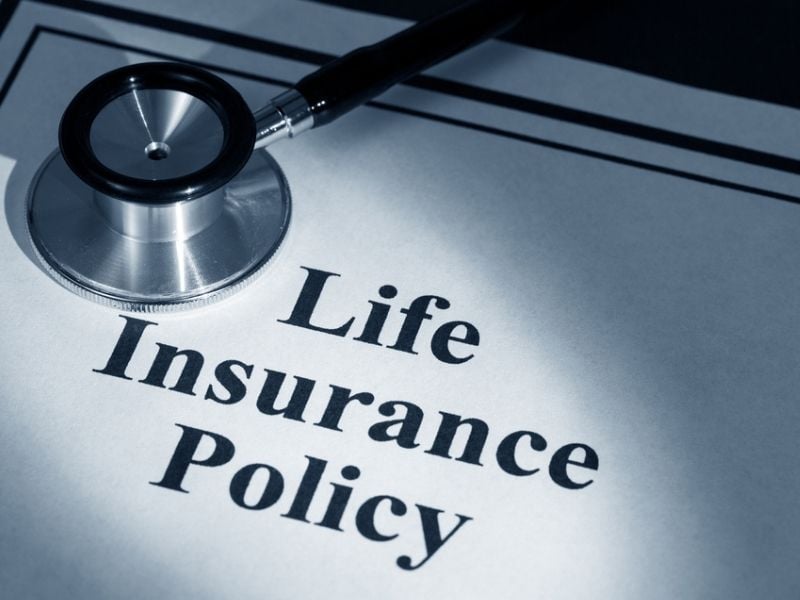When looking into life insurance, you’re bound to come across a sea of terms you may not fully understand. While an agent or a Google search can help you better understand various terms used in policies, the one thing you’ll need to know is the difference between whole and term life insurance.
These are the two main types you can pick up a policy for, helping you narrow down your search for insurance by half. This article is here to help you better understand what term life insurance is and if it’s the right option for you.
Defining Term Life Insurance
In a nutshell, life insurance policies are designed to help replace your income after death. Policies pay out to your chosen beneficiaries, and sometimes your estate. Term policies are designed to ensure you have this coverage for a specific amount of time.
These policies can last anywhere between ten and thirty years, offering a tax-free lump sum of money to your beneficiaries. They can use that money to cover funeral costs, pay bills, or anything else they may need it for.
Under a term life insurance policy, you also need to pay either a monthly or annual premium. The cost is created based aspects like your health, demographic information, and habits. You must also die within the timeframe of the policy for it to pay out. If the term limit is reached, the policy expires.
Is Term the Best Choice?
Deciding if a term policy is right for you depends on a wide variety of factors. Any form of life insurance will protect those who financially rely on you when you die, but term is designed to fit into budget constraints since it is the cheaper option.
Major life milestones like marriage, pregnancy, or large debts like a mortgage put your loved once at higher financial risk if you die. This makes term a good option to ensure those costly milestones are paid for is something happens to you.
If you have a unique financial situation or lifelong dependents, then term probably isn’t the best option. Something permanent would better suit these long-term needs. However, term policies can help you for a short time if you and your loved ones incur extra costs or debt for a while.
The Cost
With a shorter timeframe, term life insurance premiums cost less than other varieties. That price depends on various factors, though. The amount of coverage in the policy, your age, and health are primary factors in determining premium cost.
Risk factors like a dangerous job or less-than-safe hobbies like skydiving can also impact how much you pay. The longer the term lasts, the more expensive it becomes. Finally, any customization to the policy comes at additional cost.
The Benefits
Outside of affordability, term life insurance provides more flexibility than whole life thanks to its timeframe. This could help you cover your family until you save enough money for end-of-life expenses, make sure you children are taken care of until they no longer rely on your income, or just cover a larger debt until it is paid off.
Other benefits include being able to purchase multiple term insurance policies, it doesn’t include additional investment components, and doesn’t come with the more complex features of a permanent policy.




